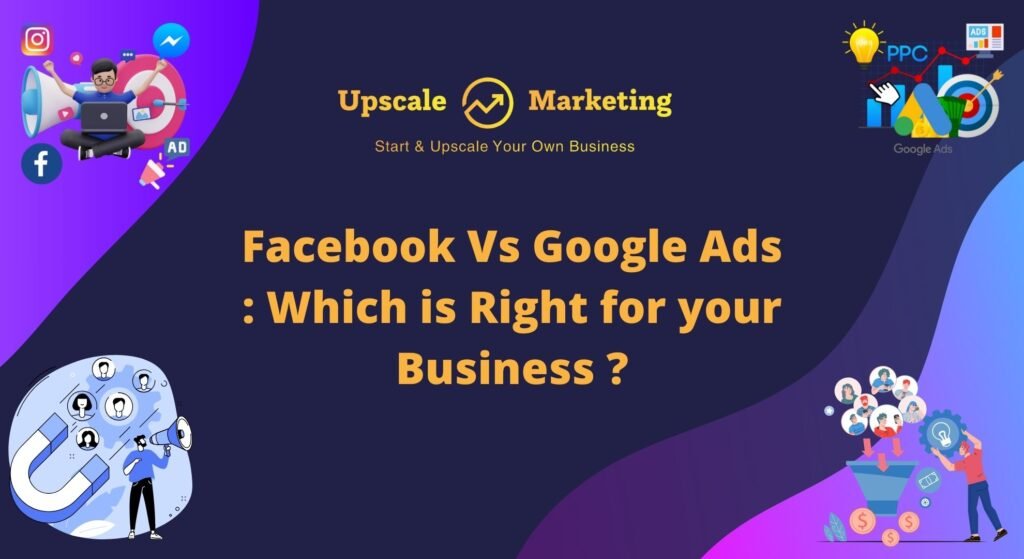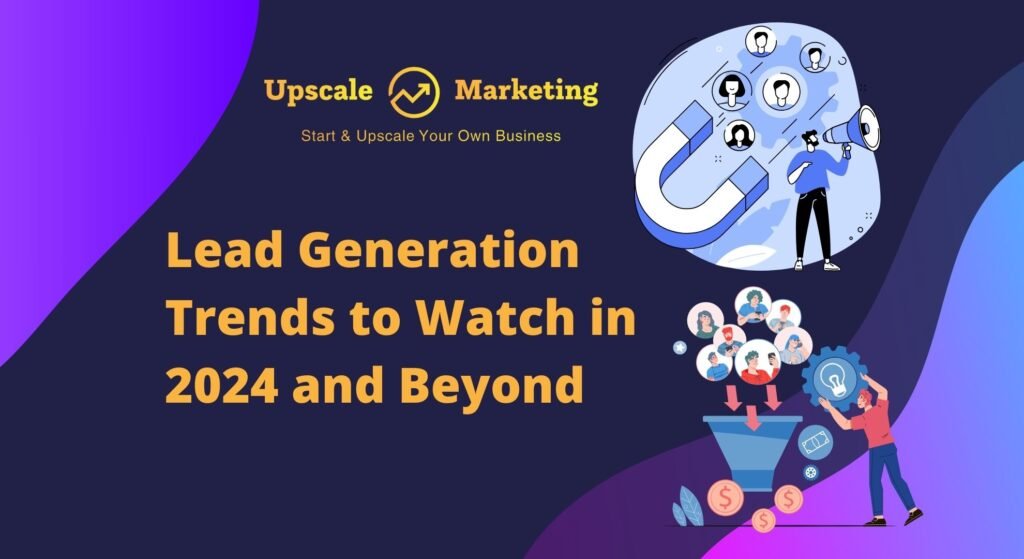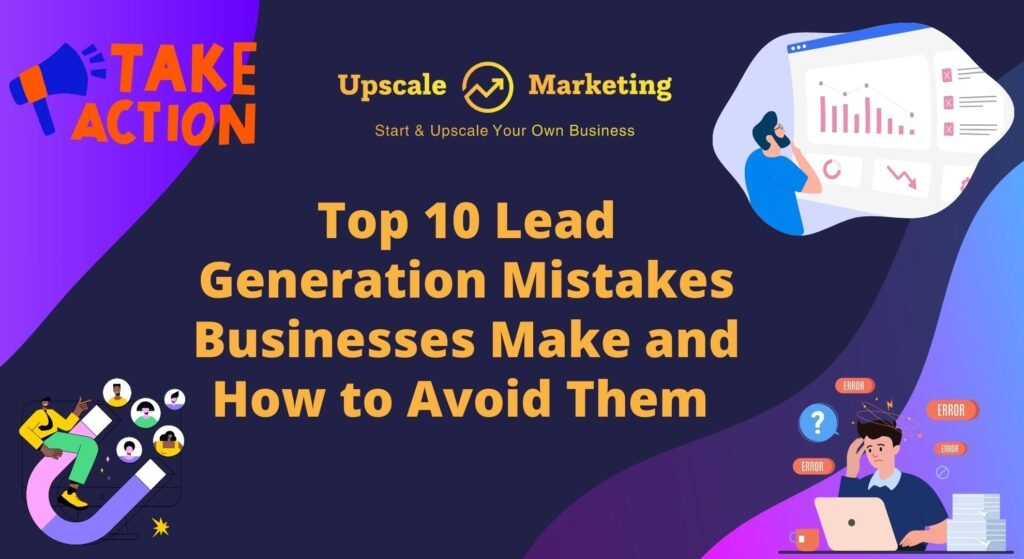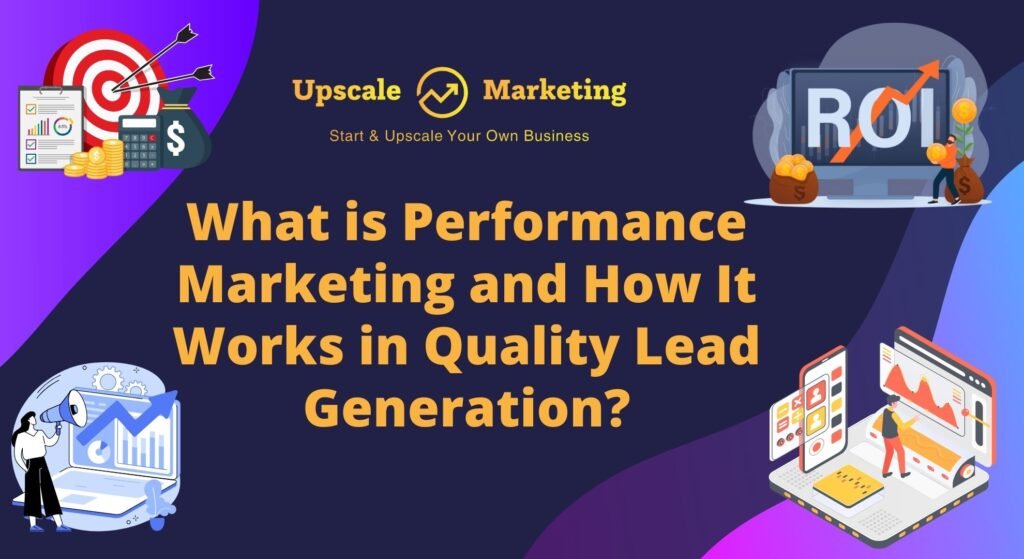When it comes to online advertising, businesses are often faced with a critical decision: should they focus on Facebook Ads or Google Ads? Both platforms offer powerful tools for reaching potential customers, driving traffic, and boosting sales, but they work in fundamentally different ways. Understanding the unique strengths and weaknesses of each can help you create a marketing strategy that maximizes your return on investment (ROI).
In this comprehensive guide, we’ll break down the key differences between Facebook and Google Ads, the types of businesses that benefit most from each, and how to choose the best platform for your marketing strategy.
What Are Facebook and Google Ads?
Facebook Ads
Facebook Ads, which also encompass Instagram through the Meta Ads Manager, are paid social media advertising options that allow businesses to reach users based on their interests, behaviors, demographics, and more. Facebook Ads excels at targeting and retargeting specific audience segments with personalized ads.
Google Ads
Google Ads, formerly known as Google AdWords, are a form of pay-per-click (PPC) advertising that lets businesses advertise across Google’s search results, partner websites, YouTube, and the Google Display Network. With Google Ads, businesses can target users based on keywords they search for, their location, and other factors.
Key Differences Between Facebook and Google Ads
Search Intent vs. Social Engagement:
- Google Ads: Users who interact with Google Ads are typically searching for something specific, whether it’s a product, service, or solution. This means that Google Ads primarily serve customers with a clear intent to take action, making it an ideal platform for capturing immediate conversions.
- Facebook Ads: Facebook users are not actively searching for products or services. Instead, they’re browsing their feed and engaging with content. Facebook Ads rely on sparking interest through visually appealing, targeted ads that catch users’ attention while they are casually browsing.
Audience Targeting:
- Google Ads: Targeting is based on keywords, meaning advertisers are reaching users based on the specific terms they are actively searching for. Google Ads are ideal for businesses looking to capitalize on high-intent searches and capture leads that are ready to convert.
- Facebook Ads: Facebook’s strength lies in its ability to target users based on interests, demographics, online behaviors, and more. Facebook Ads are perfect for raising brand awareness, introducing new products, and nurturing potential customers over time with content that builds trust.
Ad Formats:
- Google Ads: Google offers several ad formats, including search ads, display ads, shopping ads, and video ads on YouTube. These ads can appear on search engine results pages (SERPs), websites in the Google Display Network, or within YouTube videos, allowing for broad visibility.
- Facebook Ads: Facebook Ads include photo ads, video ads, carousel ads, slideshow ads, and more. These visually driven formats are highly engaging, making them ideal for brands that want to showcase products, share stories, or create brand affinity.
Cost and ROI:
- Google Ads: Pricing for Google Ads depends on the competitiveness of the keywords being targeted. For high-intent keywords in competitive industries, the cost-per-click (CPC) can be relatively high. However, with effective keyword optimization, the ROI can be substantial because of the high-intent nature of search traffic.
- Facebook Ads: Facebook Ads generally have a lower CPC compared to Google Ads but may require more touches to convert users since the ads are targeting users who aren’t actively searching for your product. While it may take longer to see conversions, the cost-effective nature of Facebook Ads makes them accessible for businesses with smaller budgets.
Benefits of Facebook Ads
- Precise Audience Targeting: Facebook Ads allow you to create custom audiences based on specific demographics, interests, and behaviors, ensuring your ads are shown to the right people at the right time. You can even retarget users who have previously interacted with your brand, further enhancing conversion potential.
- Engagement and Brand Awareness: The visual and interactive nature of Facebook Ads makes them ideal for building brand awareness. With features like carousel ads and video ads, brands can create immersive experiences that engage users and build relationships over time.
- Social Proof and User Engagement: Ads on Facebook often include likes, shares, and comments, providing instant social proof and enhancing the ad’s credibility. This helps to build trust and credibility, especially for new businesses looking to establish their presence.
- Lower CPC (Cost Per Click): Facebook Ads generally offer a lower cost per click, which means businesses can reach a large audience without a massive budget. This is especially beneficial for small businesses and startups looking to scale their visibility on a tight budget.
- Creative Flexibility: With Facebook Ads, businesses can experiment with various ad formats, including images, videos, and carousels. This creative flexibility allows brands to showcase their products and services in innovative ways, improving engagement and conversion rates.
Benefits of Google Ads
- High Search Intent: Google Ads target users with high search intent, meaning these individuals are actively looking for solutions, products, or services. This makes Google Ads particularly effective for businesses that rely on capturing immediate conversions from users who are ready to make a purchase.
- Broad Reach: Google dominates the search engine market, accounting for over 90% of all global searches. With Google Ads, you can reach a massive audience through search ads, display ads, and video ads on YouTube.
- Measurable Results: Google Ads provides in-depth analytics, enabling you to track performance metrics like click-through rates, conversions, and ROI in real-time. This makes it easier to adjust and optimize your campaigns based on performance data.
- Keyword-Driven Targeting: Google Ads’ ability to target users based on keywords allows businesses to position themselves in front of potential customers when they are searching for related terms. This keyword-driven approach ensures that you’re capturing leads at the moment they are most likely to convert.
- YouTube Video Ads: Google Ads also provide access to YouTube, the second largest search engine globally. Video ads are a powerful way to connect with audiences on a personal level and can be highly effective for storytelling, product demonstrations, or explaining complex services.
Choosing Between Facebook and Google Ads
Consider Your Business Goals:
- If your goal is brand awareness, Facebook Ads might be the better choice due to its focus on engaging content and social interaction.
- If you’re seeking direct conversions from high-intent users, Google Ads can offer faster results by targeting users who are actively searching for your product or service.
Audience Targeting:
- If you know the interests, demographics, or behaviors of your target audience and want to reach them across social platforms, Facebook Ads is ideal.
- If you’re aiming to capture users based on search behavior and keyword intent, Google Ads will deliver better results.
Budget Considerations:
- If you’re working with a limited budget, Facebook Ads may provide more bang for your buck with its lower CPC.
- For businesses with more aggressive conversion goals and a competitive budget, Google Ads can provide a higher ROI with the right strategy.
Final Thoughts
Both Facebook and Google Ads offer unique advantages that can drive significant results for businesses. However, the best choice depends on your business goals, target audience, and budget. In many cases, a combination of both platforms can create a well-rounded marketing strategy, with Google Ads capturing immediate intent-driven leads and Facebook Ads building long-term brand awareness and engagement.
At Upscale Marketing, we specialize in crafting performance-driven campaigns across both platforms, ensuring you get the best results for your investment. Whether you choose Facebook, Google, or both, our team is here to help you succeed.
Reach out today to learn how we can optimize your online advertising strategy for business growth!



